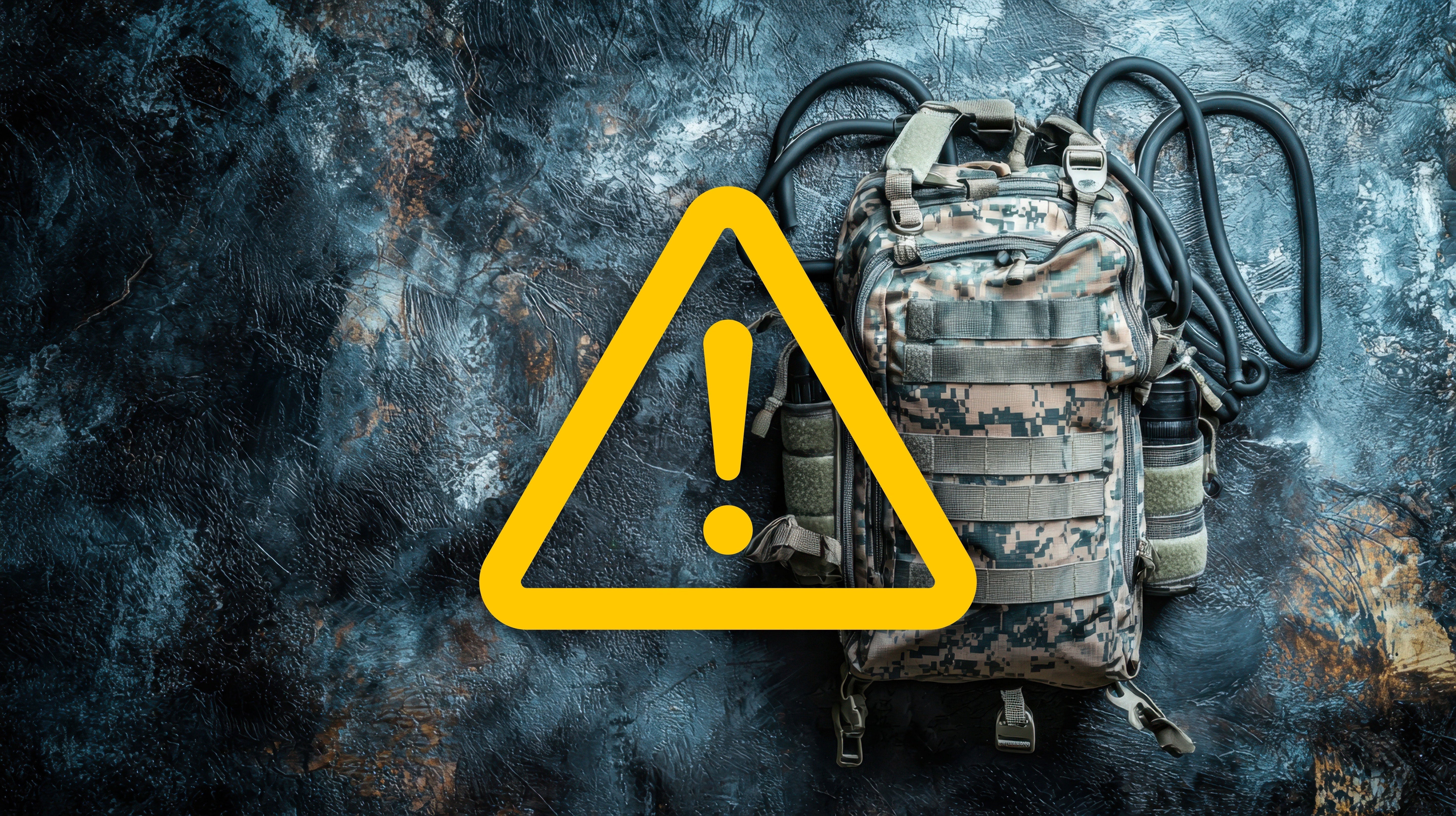Igaunijas aizsardzības uzņēmums Eurosec OÜ pauž dziļu vilšanos par Lietuvas Apelācijas tiesas nesen pieņemto lēmumu lietā par nopietniem pārkāpumiem publiskā iepirkuma procedūrās, kas saistīti ar viltotiem produktu datiem un nozagtiem materiāliem.
2024. gadā Eurosec atklāja, ka Lietuvas Aizsardzības resursu aģentūra bija piešķīrusi iepirkuma līgumu par militāro hidratācijas aprīkojumu uzņēmumam Milisec UAB, kas izmantoja nozagti attēlus un maldinošus tehniskos aprakstus, kas bija iegūti no konkurenta (Source Tactical) tīmekļa vietnes. Šīs darbības ir ne tikai godīgas konkurences pārkāpums, bet arī nopietns risks operatīvās integritātes un drošības jomā aizsardzības nozarē.
Neskatoties uz to, ka sākotnēji tika atzīta Eurosec sūdzības pamatotība un pat pasludināts Eurosec piedāvājums par ekonomiski izdevīgāko, līgumslēdzēja iestāde vēlāk mainīja savu lēmumu. Izraudzītajam pretendentam tika atļauts retrospektīvi mainīt savas piedāvājuma galvenos aspektus — rīcība, kas, pēc Eurosec domām, ir acīmredzams iepirkuma likumu pārkāpums, jo tie aizliedz veikt izmaiņas iesniegtajos piedāvājumos.
„Šis lēmums faktiski legalizē neprecīzu vai maldinošu dokumentu iesniegšanu aizsardzības iepirkumos,” teica Eurosec pārstāvis. „Ja tagad ir pieņemams piedāvājuma grozījums pēc tā iesniegšanas, mēs atveram durvis nākotnei, kurā integritāte, pārredzamība un tehniskā kvalitāte paliek otrajā plānā, bet galvenā loma ir oportunismam un aizkulišu manevriem.”
Īpaši satraucoši ir tas, ka tiesa pieņēma Milisec neskaidros paskaidrojumus, kas aizstāja iepriekš pieprasītās un Source preču zīmē reģistrētās tehnoloģijas ar nespecifikām alternatīvām, pilnībā neinformējot citus konkursa dalībniekus. Turklāt būtiski tehniskie dokumenti tika uzskatīti par „konfidenciāliem”, liedzot Eurosec un citām ieinteresētajām personām iespēju pienācīgi novērtēt līguma piešķiršanas likumību.
Tiesas lēmums liecina par satraucošu iecietību publisko iepirkumu likumu piemērošanā, jo īpaši tik svarīgā nozarē kā aizsardzība. Izveidojot šādu precedentu, starptautiskajai sabiedrībai tiek sniegta satraucoša ziņa: datu falsificēšana un intelektuālā īpašuma nelikumīga izmantošana var palikt nesodīta, aizbildinoties ar „precizēšanu”.
„Šeit nav runa tikai par viena līguma vai vienas uzņēmuma zaudējumu. Šeit ir runa par uzticēšanos un drošību visā mūsu aizsardzības iepirkumu ekosistēmā,” turpināja Eurosec pārstāvis. „Ja ES dalībvalstis sāks pieļaut šādas darbības, mēs graujam tos pašus principus, kas atšķir demokrātisku un likumīgu pārvaldību no autoritāru režīmu agresīvām, dezinformācijas vadītām taktikām.”
Kontakti:
Eurosec OÜ
E-pasts: info@eurosec.ee
Tālrunis: +372 687 1196
Tīmekļa vietne: www.eurosec.eu

